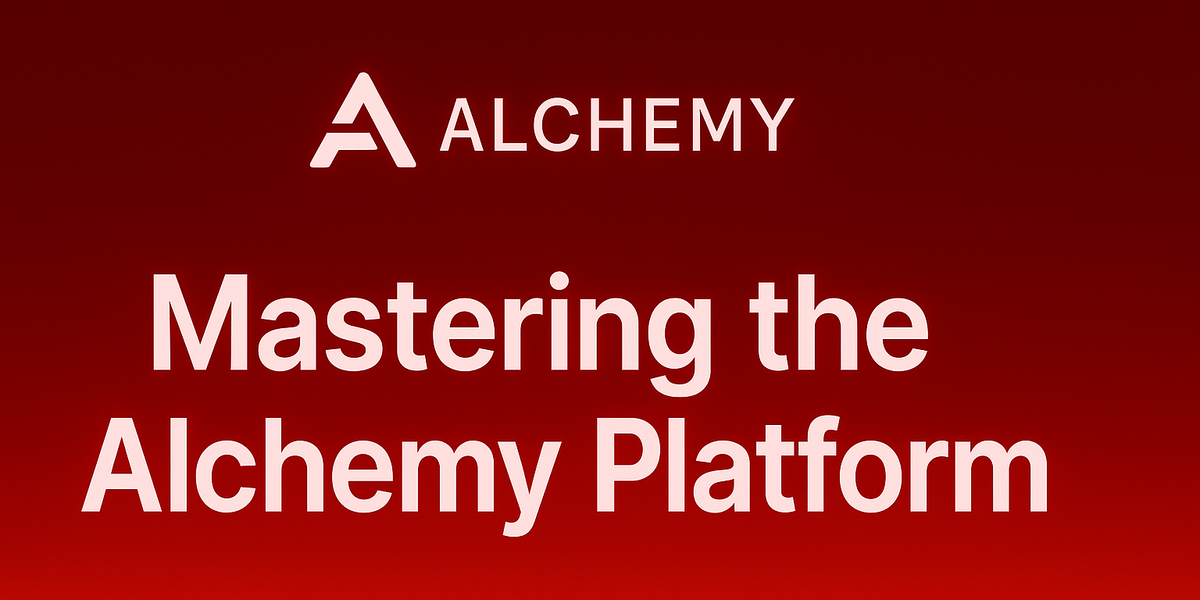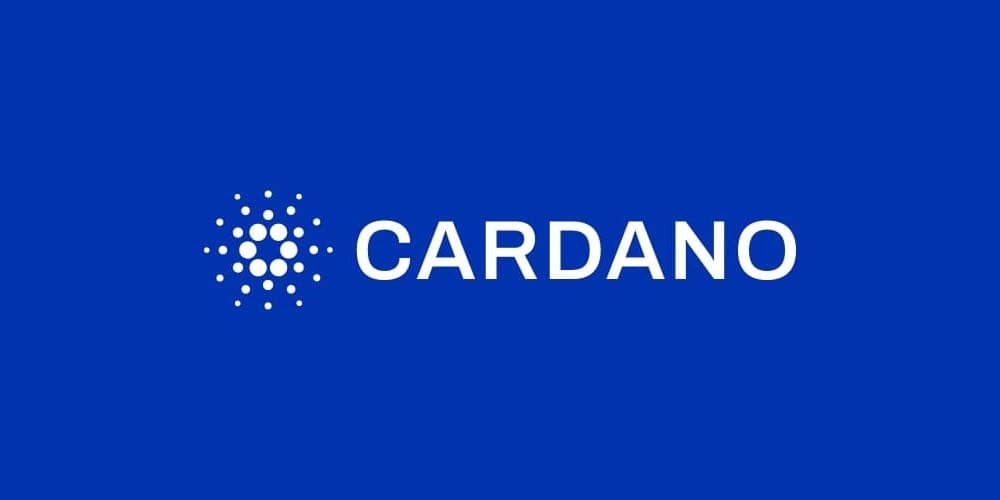The fusion of Decentralized Science (DeSci) and Artificial Intelligence (AI) is ushering in a radical transformation in how scientific research is conducted, disseminated, and financed. Traditional scientific paradigms operate within constrained frameworks, plagued by inefficiencies, limited accessibility, and sluggish funding mechanisms. Conventional peer-review processes are often slow and opaque, further impairing scientific progress. DeSci, utilizing blockchain technology, fosters an ecosystem that emphasizes transparency, openness, and collaboration, effectively minimizing existing barriers.
By incorporating AI into decentralized research, scientists can leverage automation to enhance data processing, optimize experimental workflows, and drastically accelerate discovery rates. From drug development to climate modeling, AI-driven research enables deep insights that were previously unattainable. As these technologies mature, they will redefine the future of knowledge creation, breaking free from the confines of institutional constraints.
Challenges in the Current Scientific Landscape
Traditional scientific research is deeply rooted in centralized institutions, which often results in systemic inefficiencies. The exorbitant cost of publications and restricted access to research findings hinder equitable participation, limiting opportunities for global inclusivity in scientific discourse. Research funding is controlled by a handful of intermediaries, creating a bottleneck for independent researchers seeking financial support for novel ideas.
Moreover, the current peer-review system operates under a veil of opacity, burdening the research community with prolonged delays. These roadblocks stifle innovation, obstructing seamless interdisciplinary collaboration. Decentralized Science aims to revolutionize this dynamic by employing blockchain technology to promote transparent and secure knowledge sharing. Smart contracts facilitate fair funding distribution, while decentralized decision-making empowers researchers globally, transcending institutional hierarchies.
The Role of AI in Decentralized Science
Artificial intelligence is a cornerstone in the evolution of decentralized research. AI algorithms expedite research by rapidly analyzing vast datasets, identifying patterns, and predicting outcomes with unmatched efficiency. The integration of AI within DeSci has several game-changing implications, including:
- Accelerated Drug Discovery: AI sifts through massive datasets to identify potential drug candidates, dramatically reducing both the time and financial investment needed for pharmaceutical breakthroughs.
- Predictive Modeling in Scientific Domains: AI enhances data processing in climate science, genomics, and materials research, enabling highly accurate forecasts that inform groundbreaking advancements.
- Automated Research Integrity Verification: AI systems systematically scan and validate research outputs, ensuring academic credibility and data reproducibility.
By fusing AI with decentralized research models, scientists can repurpose traditional workflows, transitioning to a peer-to-peer ecosystem where knowledge creation is democratized, efficient, and highly scalable.
Blockchain Technology as the Backbone of DeSci
Blockchain technology serves as a pillar supporting the DeSci ecosystem, ensuring data integrity, transparency, and immutability. Research findings recorded on blockchain networks are permanent and resistant to manipulation, fostering trust in scientific records. Smart contracts automate funding mechanisms, allowing for peer-to-peer financial support through tokenized incentives.
Projects like VitaDAO and ResearchHub illustrate the potential of blockchain-driven research models. These initiatives demonstrate how decentralized peer review and crowdfunding systems can democratize scientific knowledge, eliminating central bottlenecks in traditional publishing. The emergence of decentralized autonomous organizations (DAOs) further empowers global research communities by facilitating governance structures unrestricted by legacy institutions.
Case Studies: Successful DeSci and AI Implementations
Multiple initiatives highlight the tangible benefits of the AI-DeSci synergy:
- Episteme: An AI-powered decentralized prediction market that validates research hypotheses by leveraging blockchain encryption and consensus mechanisms.
- Ocean Protocol: A blockchain-based infrastructure dedicated to secure, decentralized data sharing for AI-driven research applications.
- Molecule: A decentralized marketplace that utilizes blockchain for intellectual property transactions, enabling open-access knowledge sharing in the scientific community.
These projects prove that merging AI automation with decentralized frameworks can reshape scientific processes, elevating efficiency, accessibility, and innovation.
Challenges and Institutional Resistance
Despite its transformative potential, DeSci faces resistance from entrenched scientific institutions accustomed to centralized models of control over funding and scholarly publishing. Traditional entities fear the erosion of hierarchical systems and the loss of gatekeeping privileges in funding distribution and peer review.
Additionally, concerns about data security, regulatory compliance, and ethical governance in AI applications complicate broad adoption. Ethical considerations surrounding AI in scientific research demand robust strategies to ensure fairness, accountability, and unbiased decision-making in knowledge discovery.
Nevertheless, as decentralized frameworks gain traction and AI technologies continue improving, resistance may fade, urging legacy institutions to reimagine their operational models to remain relevant in an increasingly open scientific space.
Future Implications and the Road Ahead
The convergence of AI and DeSci is poised to redefine how scientific knowledge is curated, accessed, and expanded upon. As AI-driven automation takes over repetitive research tasks, human scientists will be freed to pursue creative problem-solving, hypothesis testing, and interdisciplinary collaborations at an unprecedented scale.
While barriers, including technological scalability and institutional reluctance, persist, the decentralized science movement is steadily evolving. Over the coming years, we can expect increasing adoption of blockchain-powered open research platforms, AI-automated peer review systems, and tokenized funding models. These advancements will shape a new era of inclusive, transparent, and democratic scientific discovery that benefits the global research community.





Comments